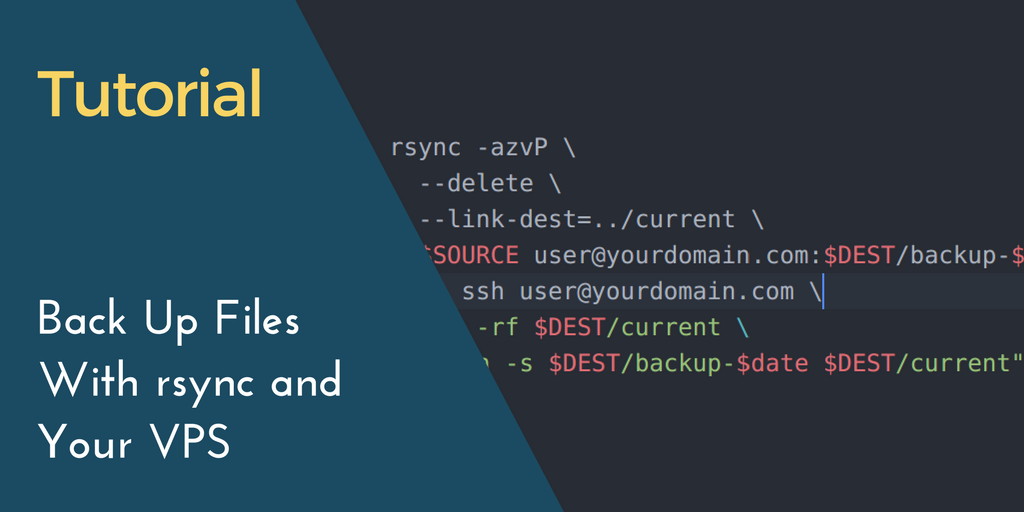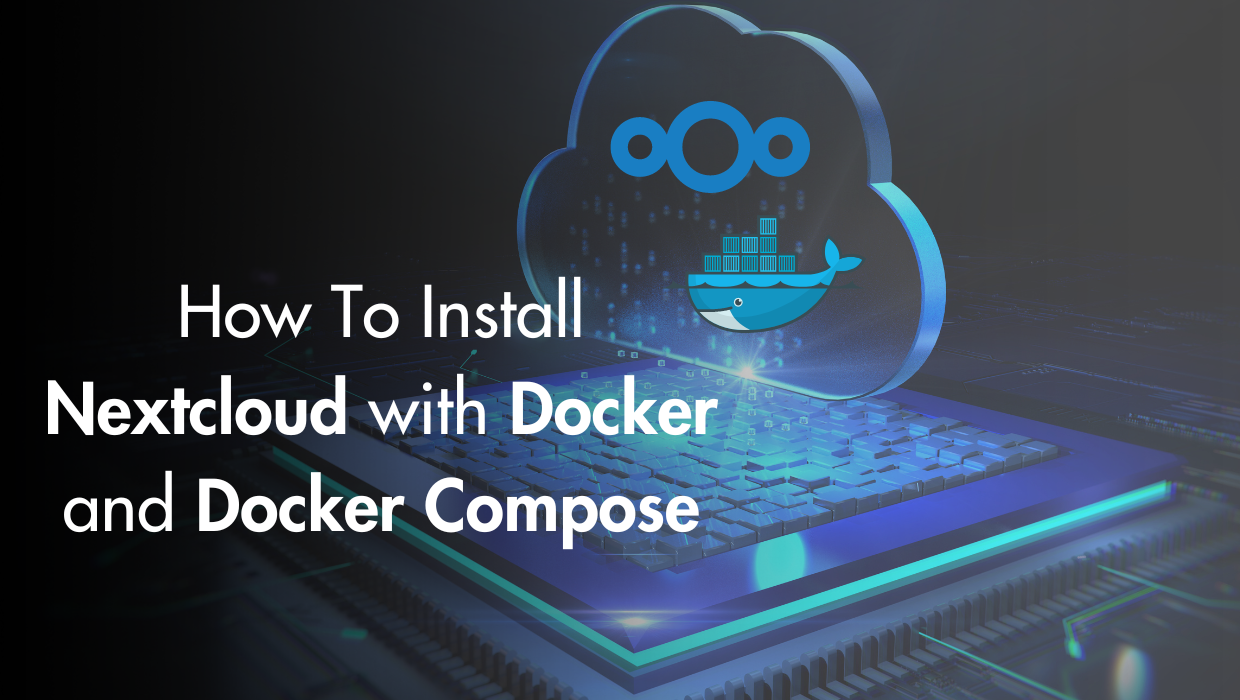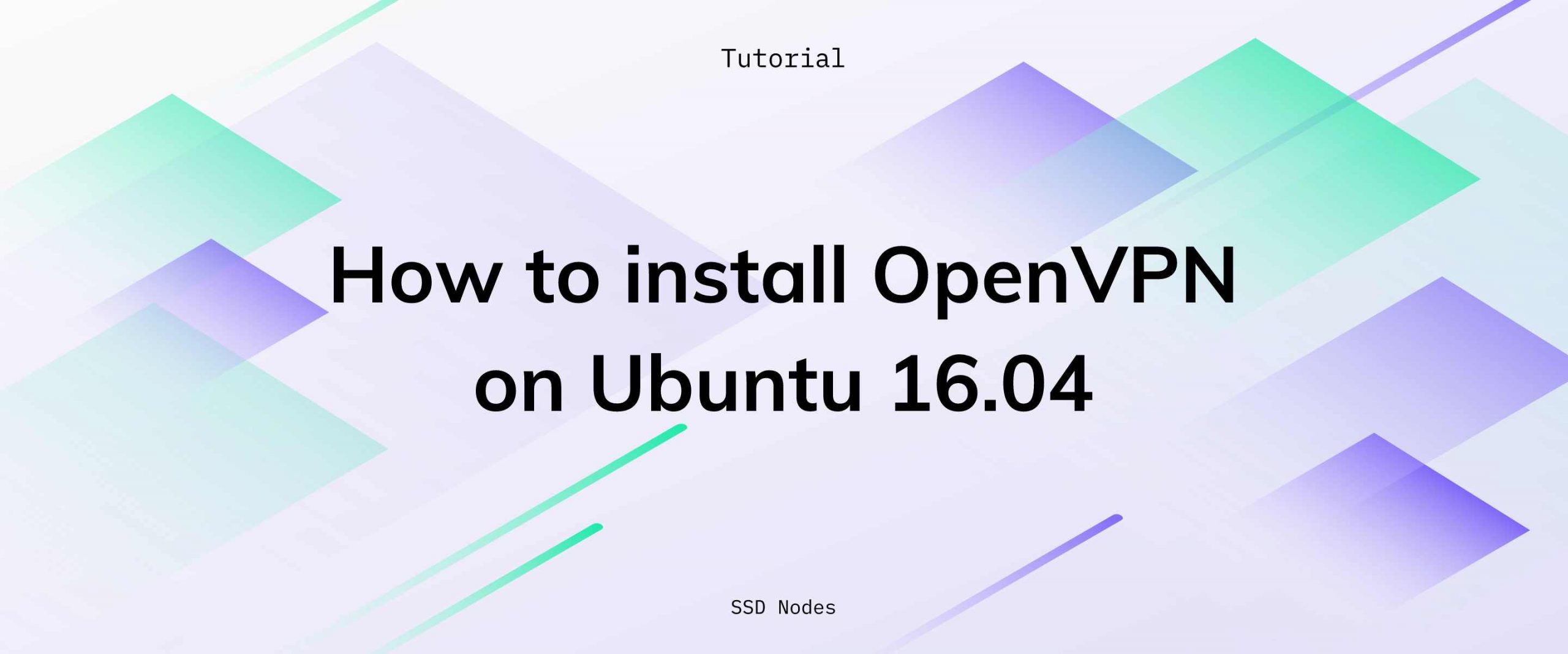In light of the 7-year SSD Nodes anniversary coming up in a matter of weeks, our friend and colleague Joe Dager sat down with Matt Connor, the founder and CEO of SSD Nodes (and its parent company, Strasmore) to talk about surviving to the seven year mark, whether the "startup" moniker still makes sense, how to empower people to do what they do best, and what the next seven years might hold.
For the audio inclined, we have a recording of the full interview just below, or if text is more your thing, jump down for a full text transcript.
[playlist ids="1558"]
Transcription:
Joe Dager: Welcome everyone! This is Joe Dager, the host of the podcast. With me today is Matt Connor. He is the founder of SSD Nodes and has extensive experience in leadership and DevOps, having been a founder of several companies and holding positions at organizations like Zeeto, BrightScope, Chapman University, and others. Matt, I want to thank you for joining me and big congratulations here for SSD Nodes celebrating it’s 7th anniversary.
Matt Connor: Thank you, appreciate it. It's been a long 7 years. But it goes by quickly, and then you look back and realize so much has happened.
Joe Dager: Michael Gerber I think was the person that said, "You make it seven years, and the odds start favoring the startup." Maybe the idea is you get to drop the “startup” name after seven. Does it feel that way?
Matt Connor: In some ways yes, in some ways no, I mean, searching for the business model we kind of chose one that already existed, which was the subscription model. I still think we're a startup in so many ways just because we're growing, we're learning, we're trying new things. It's never the same, so it's not like moving into a bureaucratic older business where you're just doing the same thing over and over. It feels like we're doing something new every day, and I think that still deserves the startup name.
I still think we're a startup in so many ways just because we're growing, we're learning, we're trying new things.
Joe Dager: So you keep that mindset! Do you ever feel like you've got a sustainable business?
Matt Connor: I think so. I think that's really important to have from the beginning because if it's unsustainable, you don't stay in business for long, which is maybe what Gerber was talking about with the seven years.
Joe Dager: Seven years! Are you doing anything special? Anything for your customers?
Matt Connor: We are! In a couple of weeks, we are going to be doing a 7-year anniversary sale. We're going to be unleashing some incredibly discounted 3-year plans. We found that if we offer people a large enough discount, they'll commit to a longer term in advance when it actually ends up being a significant discount.
Joe Dager: Well, that sounds interesting that people would even think that a somewhat young company would really look at the fact that I'll go three, seven years. Does that strike you odd? Have you tested it that people are willing to do it?
Matt Connor: It struck me pretty amazingly that people would go and visit the first time and purchase a 3-year plan. I mean, we do offer a 14-day refund, and after that, we'll give you prorated credit, but yeah, it does strike me as kind of amazing. But it is 90% cheaper than the competition, so I think when you look at the numbers and the risk you'll be spending like 3 or 4 months at the competition that equals the same as 3 years with us.
Joe Dager: One of the things that strikes me about SSD Nodes and yourself was that you bootstrapped the company. That seems not the normal way a startup works anymore. We're always out there pitching and looking for VC funding and everything. Can you go back seven years and paint that landscape for me a little bit? First of all, why did you bootstrap? Wondering if anyone would give you money?
Matt Connor: I think it was mostly because it was unconventional at the time, trying something new. I wanted to try it without any strings attached, and once you get investor money, then you can't do what's right for the customer and what's right for the business. The investor has to make a really large return for the numbers to work out and in a very short amount of time, 10 years, seven years or so. They'd be looking at a return in three more years if we got VC funding. But it just gives us more freedom to give the customer what they want and to provide a good service. Also, constraints force you to get more creative versus just having a really large bank account that you can spend it on whatever you want.
Joe Dager: You bootstrapped, one of the things I always tell people when I talk to them about a startup, I tell them don't quit your day-job. Did you quit your day job? Did you go all in?
Matt Connor: I did. I mean, not immediately of course, because you have to make sure all the numbers work, and you have to grow at a sustainable pace and all that, but yes, now I am.
Joe Dager: I didn't mention this, to begin with, but what is SSD Nodes? What are you doing?
Matt Connor: We offer cloud servers. I should have said this in the beginning, but we offer cloud servers to small businesses, entrepreneurs, developers, students and you get resources in a world-class data center, and you can do whatever you want with it. Some people have gaming servers, some people host blogs, some people host personal development servers, and just whatever you want, you can do it.
In the beginning, we kind of focused just on larger companies and established businesses. We grew really slowly that way but we were able to learn a lot from these customers, get to know them really well. Then, there was a pivot point where we went downmarket towards people that weren't as established yet. We were offering something significantly cheaper than the competition and ended up getting some really large growth there, so that was kind of the pivot point and the milestone right there. And then expanding with multiple locations and hiring and stuff like that were other milestones.
Some people have gaming servers, some people host blogs, some people host personal development servers, and just whatever you want, you can do it.
Joe Dager: What's the difference between you and Amazon AWS or Google Drive,
by subscribing to our newsletter.




